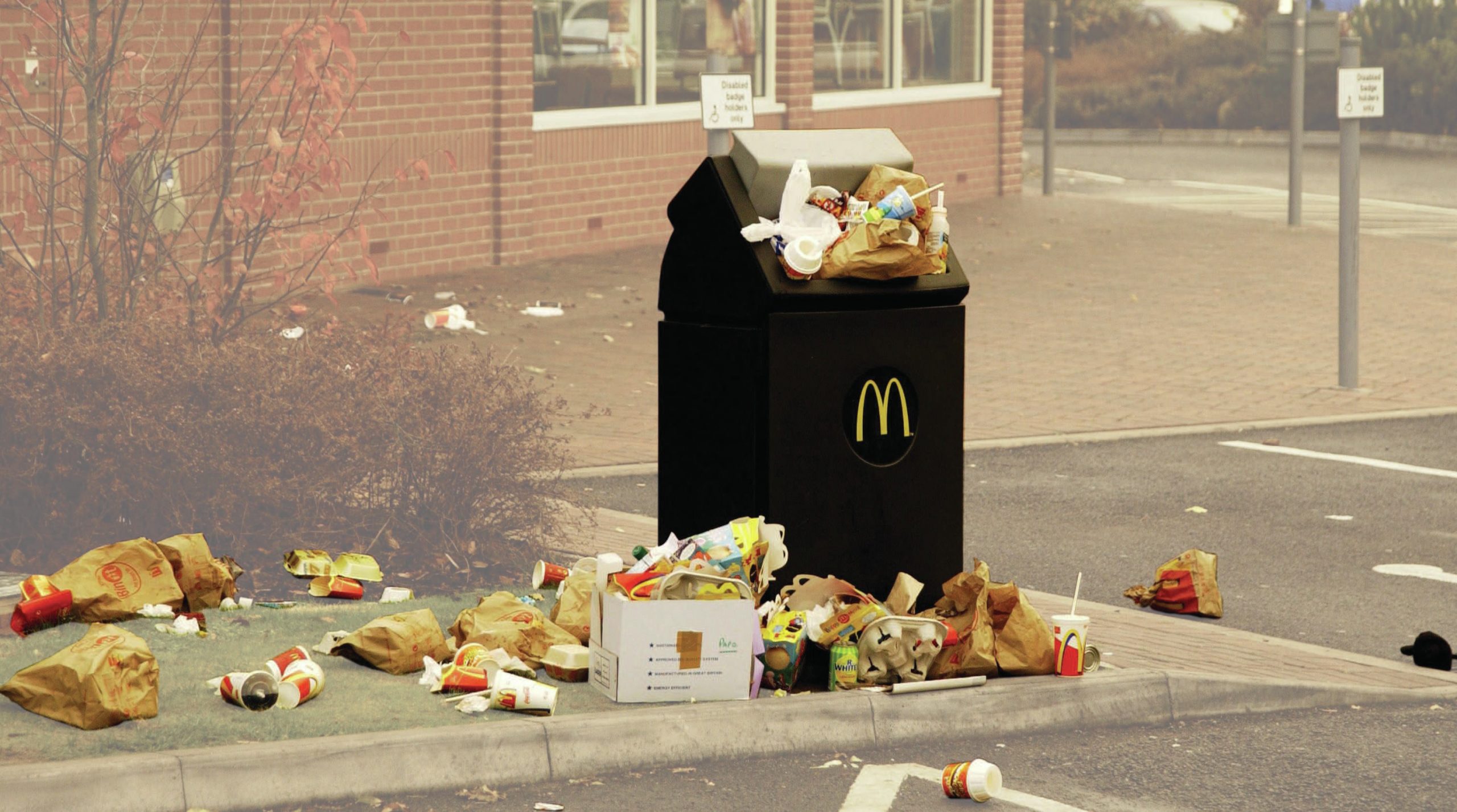
We are not just talking about leaving rubbish in the streets and the countryside, we seem to want to ruin beaches as well. In 2007, 3,911 volunteers trawled beaches along 168.5 kilometre of coastline, recording an average of 2,054 items of litter per kilometre (Marine Conservation Society 2007). This is clearly scandalous: why on earth do we put up with it? Visitors from other countries are puzzled by our complacency; spoiling the environment in this apparently casual way is virtually unknown in most other European countries and the USA.
What can a psychological perspective contribute? The first thing is to find out is what research has been done and the answer, as far as the UK is concerned, is that there is not much. As a result, I was commissioned by the Policy Exchange (an independent think-tank and registered charity) to conduct some pertinent empirical work (Lewis, Turton and Sweetman 2009). In a questionnaire study based on a national sample, two main questions were posed:
Your organisation does not have access to this article.
Sign up today to give your students the edge they need to achieve their best grades with subject expertise
Subscribe




